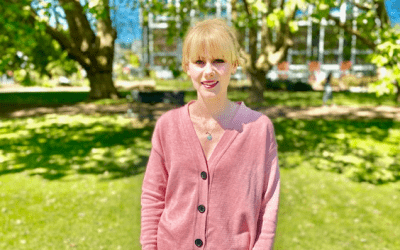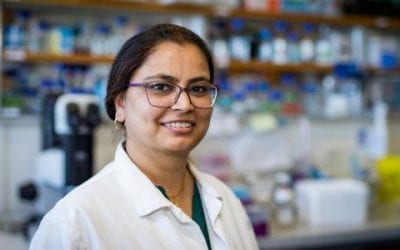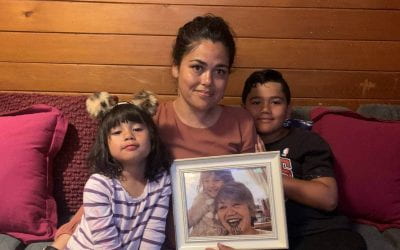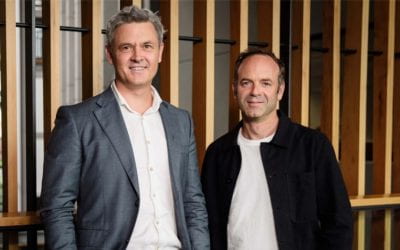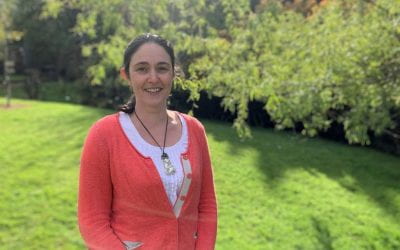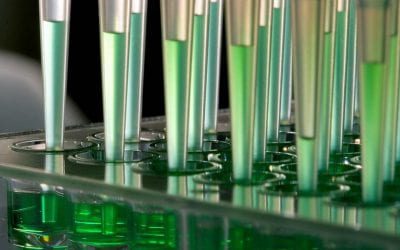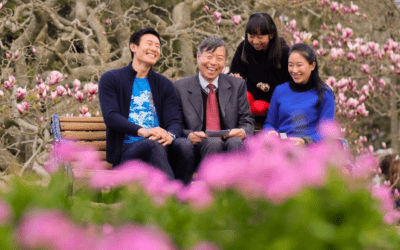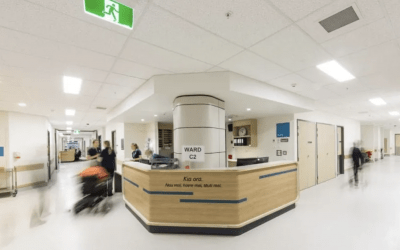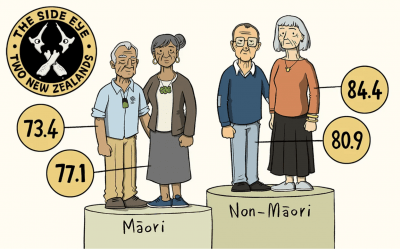Understanding the links between nutrition and childhood cancer
When children have cancer, one of the biggest daily challenges is feeding them. The cancer itself often causes weight loss. Cancer treatment can make children feel nauseous and lose their appetites just when they should be getting better nutrition to help them through the rigours of treatment.
Treating blood cancers through genomics
Blood cancers aren’t like other cancers. There’s no lump that can be excised, no solid tumour that can be easily targeted for radiation. Because blood flows through your whole body, so does blood cancer. Many of the symptoms these cancers produce – fatigue, fever, swollen lymph nodes, bruising – are easily mistaken for something else.
Funding Keytruda for melanoma but not for lung cancer is racist, health advocates say
Pharmac has been accused of institutional racism and breaching the Treaty of Waitangi for funding drugs for melanoma, but not lung cancer – a disease responsible for a disproportionately high number of cancer deaths among Māori.
Cancer research project sparks unexpected collaboration
A cancer patient’s desire to donate her tumours to medical research has sparked a unique multi-disciplinary project that could potentially reshape the future of healthcare.
Hunt for blood marker for endometrial cancer
Endometrial cancer is striking younger women. Detection and treatment could be improved with a first-of-its-kind blood test. Funding from the CCR Li Family Funding Round enabled this research to succeed and we are so proud of the researchers involved and their award of further funding.
Endometrial cancer researchers working to develop blood-based screening test, targeted therapies
Endometrial cancer, also known as uterine cancer or womb cancer, has long been thought of as a disease of older women, relatively easy to detect because it causes post-menopausal bleeding. However, endometrial cancer is increasingly occurring in women who still get their periods, making the cancer more difficult to detect. That’s why University of Auckland researchers are working on developing a first-of-its-kind blood test to screen for endometrial cancer.
Genetic discrimination is a threat in New Zealand because of lack of protections
Genetic testing is increasingly used as part of routine healthcare to determine a patient’s risk for some conditions, including certain cancers.
But insurers can use genetic test results to refuse cover or increase premiums. This is called genetic discrimination — the use of someone’s genetic information to treat them differently.
Can we cancer it
A very special short video profiling an important philanthropic contributors to the Centre for Cancer Research (the Li Family). Mr Li has since passed away but his tremendous legacy supports cancer research every day.
How we changed the way we do health: a view from the future
The overhaul of the NZ health system promises a reimagining of cancer services. Dr George Laking, medical oncologist, propels himself to 2025.
The Side Eye’s Two New Zealands: The 2,700 Day Gap
Rich and poor, young and old, renters and landlords: sometimes it feels like there are parallel versions of our country. In 2021, Toby Morris’s Side Eye is exploring this theme in the series Two New Zealands. Whether it’s the wealth gap, generation gap, the rural-urban contrast, the different ways Māori and Pākehā are treated in the health, justice and education systems, or how differences in gender or sexuality affects people’s experiences and opportunity – there’s a lot to discuss.
